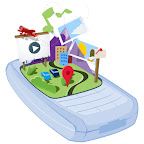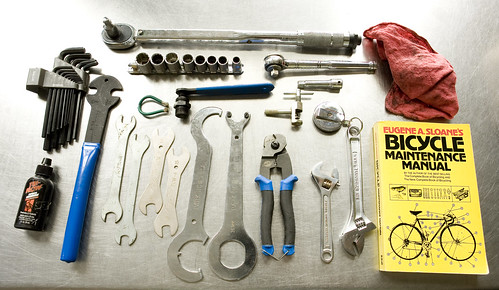Copyright and the issue of copyright law has been a greatly debated topic for a very long time now and its apparent that these debates have formed two camps of extreme opposites. On one end you have those who believe everything should be copyrighted, protected, and controlled - that 'its the law.' The other end of the spectrum comes in the form of copyright abolitionists. While I wouldn't say I am a copyright abolitionist, I definitely lean more towards major copyright reform than towards copyright protection.
The main point I got out of Professor Lessig's presentation really comes down the fact that copyright law is outdated. It puts too many restrictions on using content creatively. Because of these frivolous restrictions, generations of children are growing up being labeled as pirates for creating new content from other content. Professor Lessig puts this growing resentment best saying:
A generation that rejects the very notion of what copyright is suppose to do. Rejects copyright and believes that the law is nothing more than an ass to be ignored and to be fought at every opportunity possible.
I agree with that feeling of resentment 100%. I have felt that resentment myself and it springs from reactions on both sides of the extremes. As the extreme copyright camp enables technologies that can automatically remove content that contains copyrighted material whether or not the content falls under fair use. Laws have also remained inflexible towards this new concept of reuse and remixing a work into something new; because of this, it still remains illegal to use copyrighted work for such uses. While this does not stop people from reusing copyrighted material, it keeps them resenting the fact they are labeled pirates or thieves. The fact that they are living against the law has a strong impact on them. Because so many legitimate uses are labeled as piracy, it makes the creators resent all copyright law and they try and fight it at every opportunity.
This really is a tough situation for artists and businesses alike. While many artists would love to see copyright abolished entirely, businesses just aren't ready to handle that proposition just yet, if ever. This is where Creative Commons steps in. Creative Commons acts as a sort of intermediate license that allows artists to skip over all the copyright muck we're in right now and use CC licensed material for remixes freely. Creative Commons license have options that allow you to license your work in a way that suits you best. At the moment, Creative Commons is one of the best licensing options for works because it give you flexibility to let people create more interesting work from what you have without any encumbrances of the older more restrictive licensing schemes. The other great thing about a Creative Commons license is that they are non-exclusive so you can publish your work under a Creative Commons license for non-commercial use and then license that work to a business for a fee instead.
Overall, Professor Lessig's talk at TED really gave me a better insight into the reason the Creative Commons licenses were created. The license allows the people who were constantly living against the copyright law to finally do what they've been doing in a legal manner. This also allows business to continue using copyright without disturbing those doing remixes. Hopefully the Creative Commons licenses will begin to make a push towards a more general copyright reform to allow more remixes and reinterpretations on works that aren't licensed under Creative Commons.



